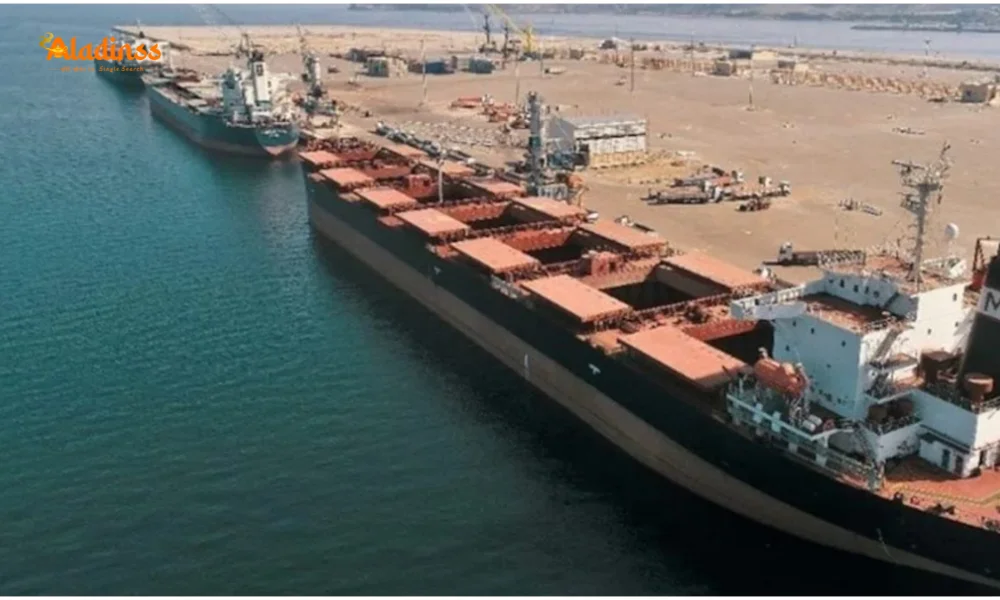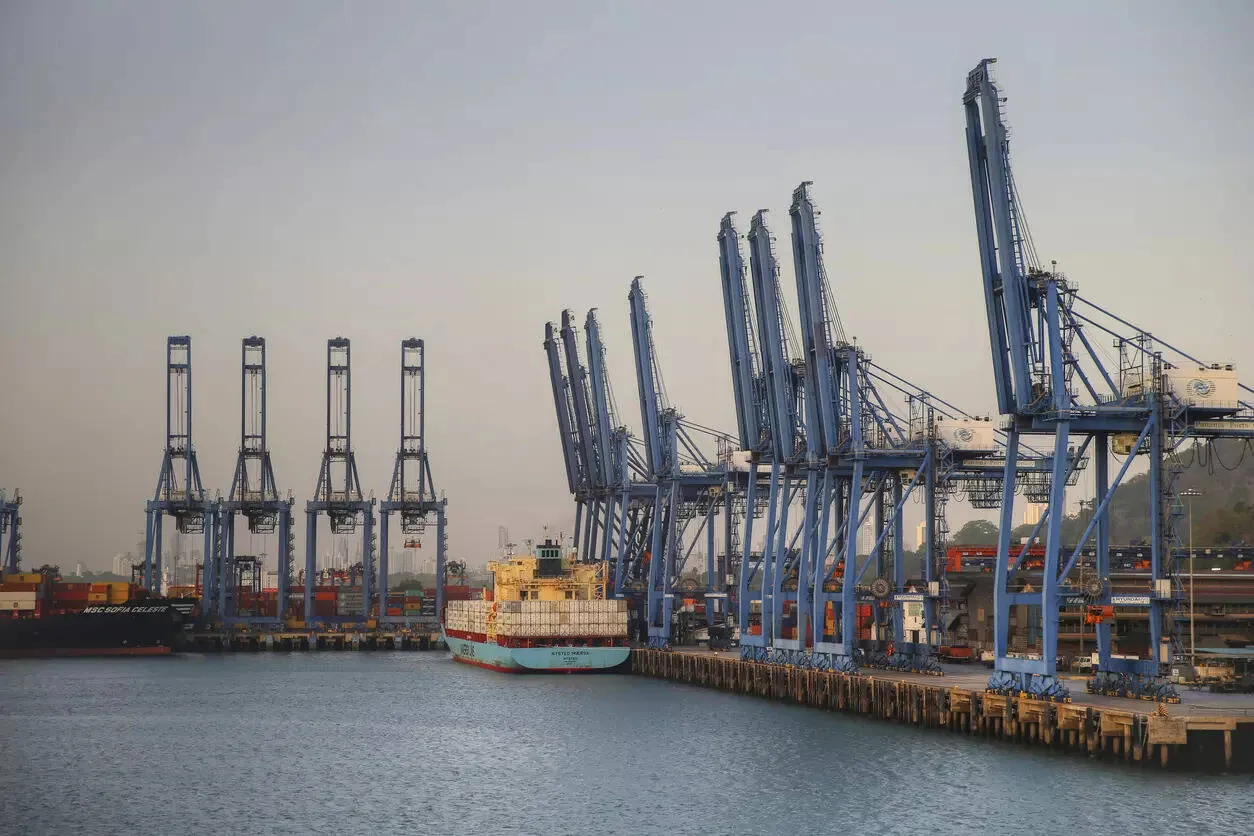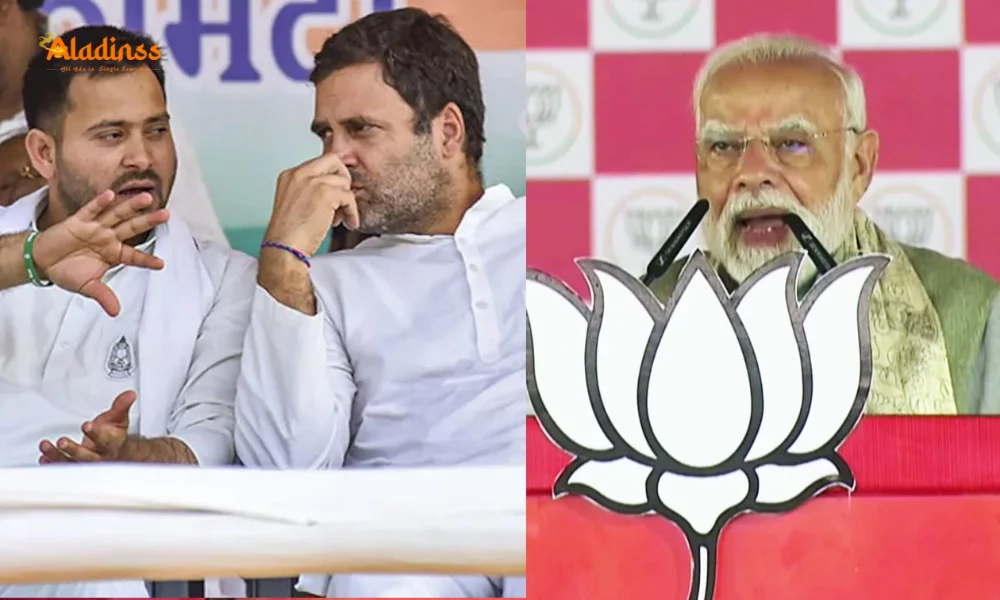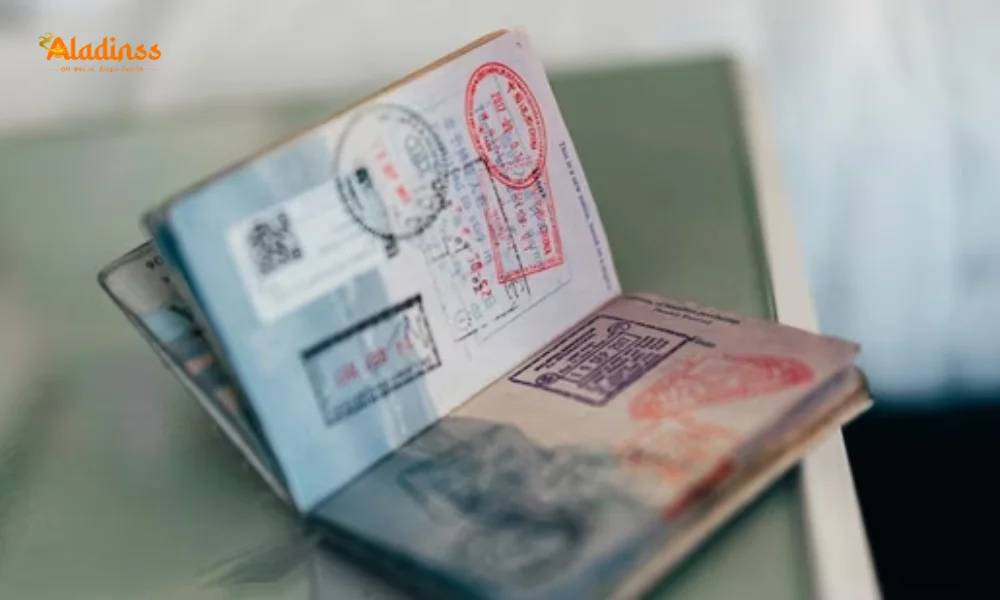Breaking! India Wins Chabahar US Waiver Till 2026 – Trade Secured

Big Win! India Secures US Sanctions Waiver Extension for Chabahar Port Till 2026
In a major diplomatic victory, India has successfully obtained an extension of the US sanctions waiver for Iran’s Chabahar Port until early next year, ensuring uninterrupted operations at the strategic Shahid Beheshti Terminal. The waiver, which expired on Tuesday, allows India Ports Global Limited (IPGL) to continue managing and developing the port - a critical lifeline for trade with Afghanistan and Central Asia.
The decision comes despite the US deadline of September 29 for revoking all Chabahar-related exemptions under President Trump’s maximum pressure policy on Iran. Government sources confirmed the extension safeguards India’s 10-year operational contract signed in 2024, preventing disruptions in humanitarian aid flows and regional connectivity projects.

Why the Chabahar Waiver Extension Matters
The Chabahar Port waiver extension is not just a bureaucratic reprieve - it’s a geopolitical lifeline. Located on Iran’s southeastern coast, Chabahar serves as India’s only direct maritime gateway to Afghanistan, bypassing Pakistan. Since 2018, over 2.5 million tons of wheat and pulses have been shipped via this route under the UN-backed humanitarian corridor.
The port is the southern anchor of the International North-South Transport Corridor (INSTC) - a 7,200-km multimodal network linking Mumbai to Moscow via Iran and the Caspian Sea. With the waiver secured, India can now accelerate infrastructure upgrades, including a dedicated rail link to Zahedan and a free trade zone.
“This extension ensures continuity of our long-term vision for regional integration,” said a senior MEA official. IPGL has already invested $120 million in terminal equipment, cranes, and dredging - all now protected from secondary US sanctions.
US-Iran Tensions vs India’s Strategic Balancing Act
The US State Department had warned on September 16 that continued engagement with Chabahar would invite sanctions under the Iran Freedom and Counter-Proliferation Act. Yet, India’s persistent diplomatic lobbying - including high-level talks during the Quad Summit - yielded results.
Washington recognizes Chabahar’s humanitarian and counter-narcotics value. The port has been used to deliver USAID-funded medical supplies to Kabul and disrupt opium smuggling routes from Afghanistan. This dual-use argument formed the core of India’s waiver renewal pitch.
Despite Trump’s “maximum pressure” doctrine, the US has granted Chabahar exemptions five times since 2018 - a rare exception reflecting New Delhi’s growing strategic weight in Indo-Pacific security architecture.
Chabahar’s Role in India’s Central Asia Push
Beyond Afghanistan, Chabahar is India’s bridge to the five Central Asian republics. In 2025, Uzbekistan and Kazakhstan signed MoUs to route cotton, uranium, and dry fruits through the port, cutting transit time by 40% compared to Baltic routes.
Key connectivity projects include:
- Chabahar-Zahedan Railway: 628 km link, 50% funded by India
- INSTC Full Activation: Expected to handle 20 million tons annually by 2030
- Trilateral Transit Agreement: India-Iran-Afghanistan customs synchronization
- Free Trade Zone: 12 sq km area with tax holidays for Indian firms
The port handled 3.2 million tons of cargo in FY 2024–25 - a 180% jump from pre-contract levels. IPGL aims to scale capacity to 12 million tons by 2028 with automated berths and LNG-powered tugs.
Pakistan’s Gwadar vs India’s Chabahar: The Great Game Continues
Just 170 km east lies Pakistan’s Chinese-backed Gwadar Port - a CPEC flagship. While Gwadar struggles with security and underutilization, Chabahar has emerged as a viable alternative, attracting Japanese and European investors wary of Beijing’s debt-trap model.
“Chabahar is not anti-Pakistan; it’s pro-connectivity,” clarified External Affairs Minister S. Jaishankar during a recent think tank address. India has invited Islamabad to join INSTC - an offer repeatedly declined.
What the 10-Year India-Iran Contract Entails
Signed in May 2024, the agreement gives IPGL control over:
- Two berths at Shahid Beheshti Terminal
- Equipment procurement and maintenance
- Tariff setting and revenue sharing (60:40 in India’s favor)
- Development of ancillary logistics parks
India committed $370 million in credit lines for railway and road links. In return, Iran waived port fees for Indian humanitarian cargo until 2027.
Challenges Ahead: Sanctions, Security, and Sustainability
Despite the waiver, risks remain. Any escalation in US-Iran tensions - such as a strike on Iranian nuclear sites - could trigger snap sanctions. IPGL has insured assets via Indian reinsurers to mitigate exposure.
Security is another concern. Baloch separatists have attacked Chabahar-bound convoys thrice since 2023. India has deployed CISF commandos and drone surveillance to secure the 900-km supply route from the port to the Afghan border.
On the environmental front, IPGL is transitioning to solar-powered cargo handling and shore-to-ship electricity to meet global ESG standards - a move praised by the Asian Development Bank.
Global Reactions to the Waiver Extension
Afghanistan’s Taliban government welcomed the decision, calling Chabahar “a brotherly gift from India.” Uzbekistan’s President Mirziyoyev announced plans to open a consulate in Chabahar to facilitate trade.
Russia, a key INSTC partner, pledged $1.2 billion for the Rasht-Astara railway - the missing link in the corridor. Even the EU expressed interest in funding green hydrogen terminals at the port.
What’s Next After the Waiver Extension?
India will push for a multi-year waiver during the next US-India 2+2 dialogue. Meanwhile, IPGL targets:
- Operationalizing a Chabahar-Kandahar truck ferry service by March 2026
- Launching container trains to Moscow via INSTC in 2027
- Attracting Japanese investment in petrochemical SEZs
With the waiver secured, Chabahar is no longer just a port - it’s India’s gateway to a $2 trillion Central Asian market. As one diplomat put it: “We’ve turned a sanction into a strategic asset.”
Comment / Reply From
No comments yet. Be the first to comment!











